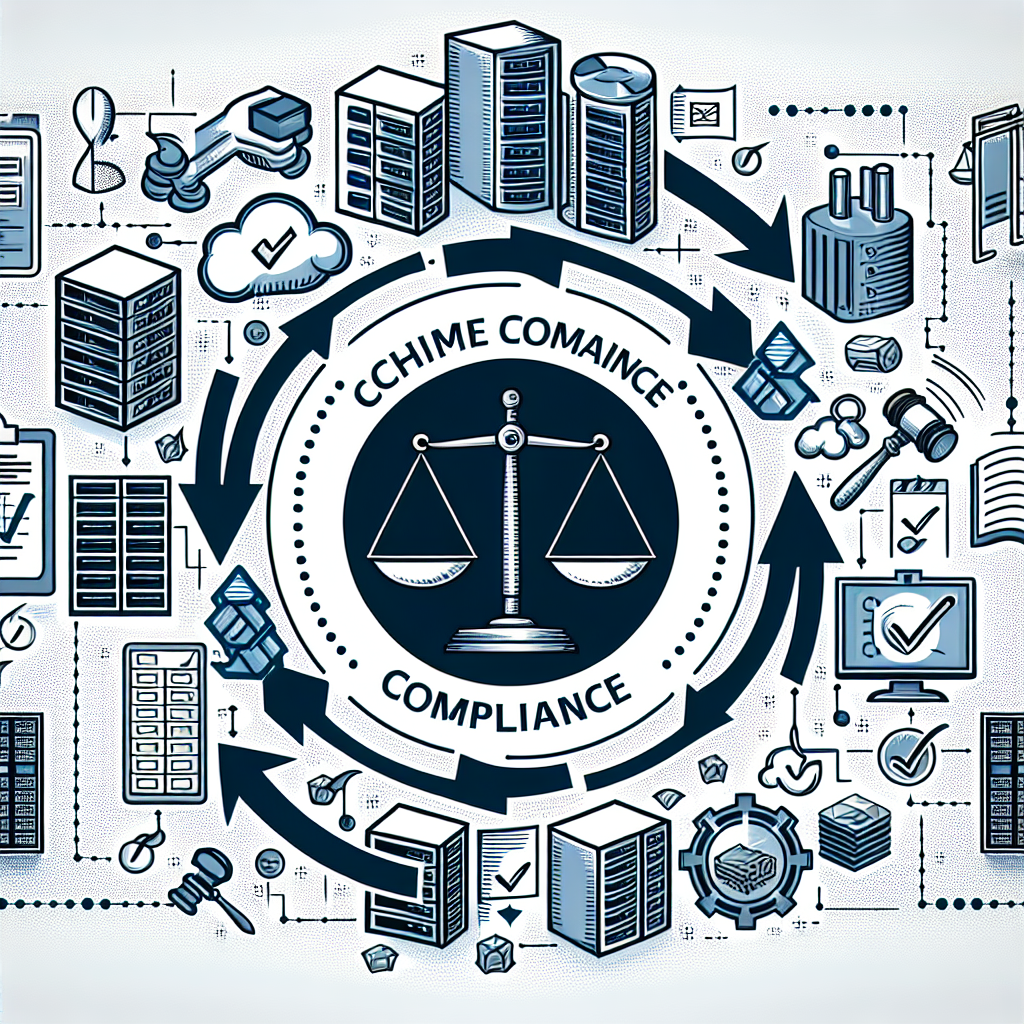Data centers play a critical role in the operation of businesses and organizations in today’s digital age. They house the servers, storage systems, networking equipment, and other infrastructure that support the flow of information and data. With the increasing reliance on data and technology, it has become essential for data centers to adhere to regulations and standards to ensure the security, reliability, and efficiency of their operations.
Achieving compliance with regulations and standards in data center lifecycle management is a complex and ongoing process that requires careful planning, implementation, and monitoring. This process involves a variety of stakeholders, including IT teams, compliance officers, auditors, and regulatory bodies. By following best practices and guidelines, data center operators can ensure that their facilities are in compliance with the necessary regulations and standards.
One of the key regulations that data centers must adhere to is the General Data Protection Regulation (GDPR) in the European Union. This regulation sets strict guidelines for the collection, processing, and storage of personal data, and failure to comply can result in hefty fines. Data centers must implement measures to protect personal data, such as encryption, access controls, and data backup procedures, to ensure GDPR compliance.
In addition to GDPR, data centers must also adhere to industry standards such as ISO 27001 for information security management and Uptime Institute’s Tier Certification for data center design and operations. These standards provide guidelines for best practices in data center management, including physical security, environmental controls, and disaster recovery planning.
To achieve compliance with regulations and standards, data center operators must carefully assess their current practices and identify areas for improvement. This may involve conducting risk assessments, developing policies and procedures, and implementing security controls. Regular audits and assessments are also necessary to ensure ongoing compliance and identify any gaps or deficiencies in the data center’s operations.
Furthermore, data center operators must stay informed of changes in regulations and standards that may impact their operations. This requires ongoing training and education for staff members to ensure they are aware of the latest requirements and best practices in data center management.
In conclusion, achieving compliance with regulations and standards in data center lifecycle management is a critical aspect of ensuring the security and reliability of data center operations. By following best practices, implementing security controls, and staying informed of changes in regulations, data center operators can mitigate risks and protect the integrity of their operations. Compliance is an ongoing process that requires dedication and commitment, but the benefits of a compliant data center far outweigh the risks of non-compliance.


Leave a Reply